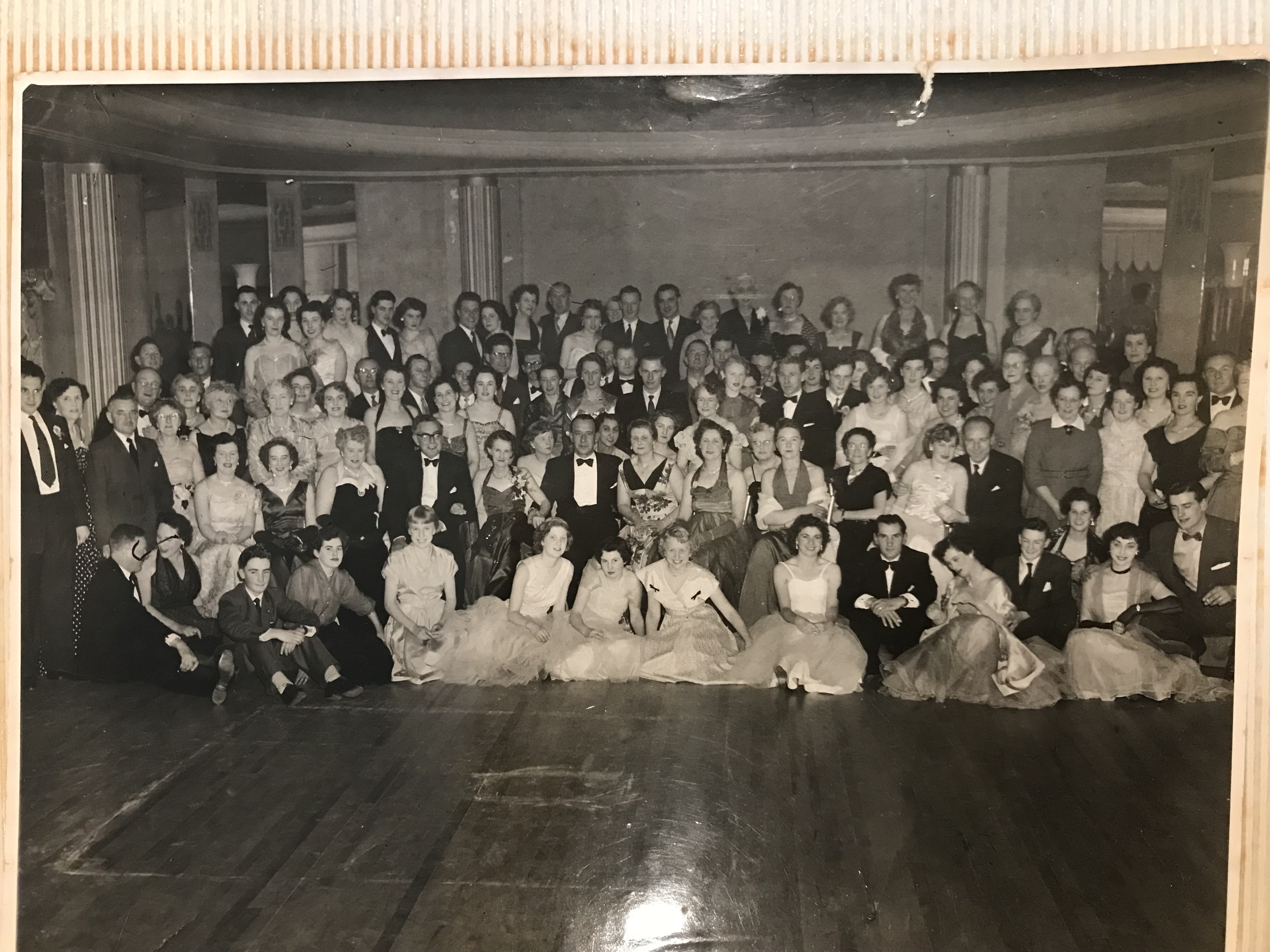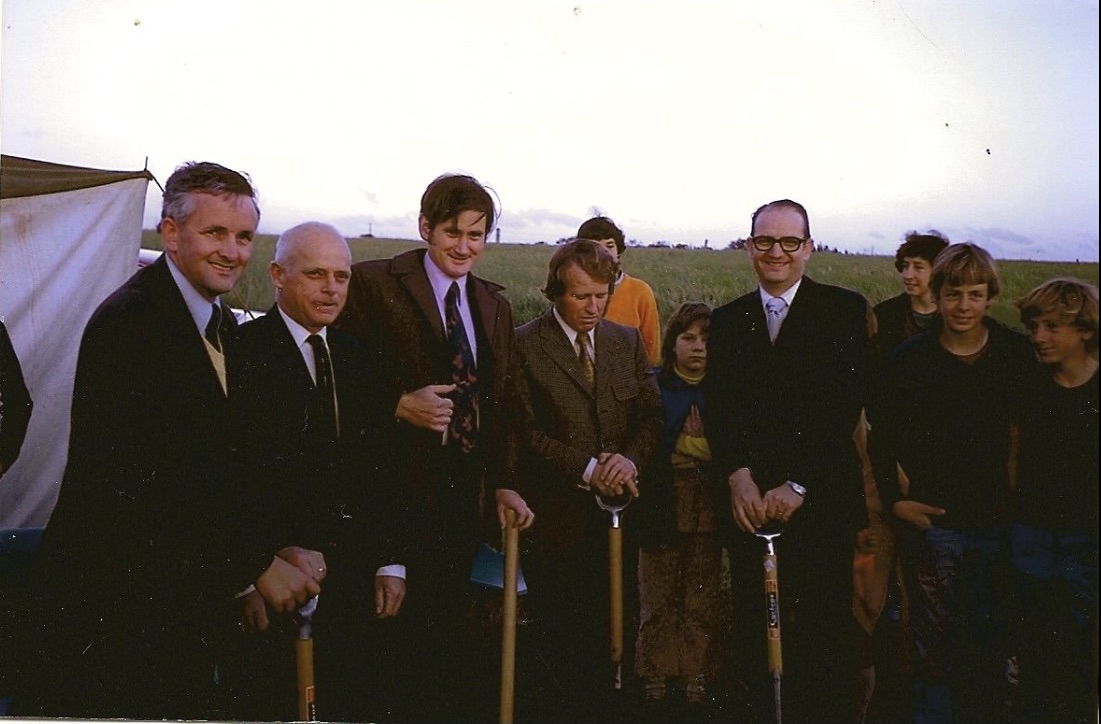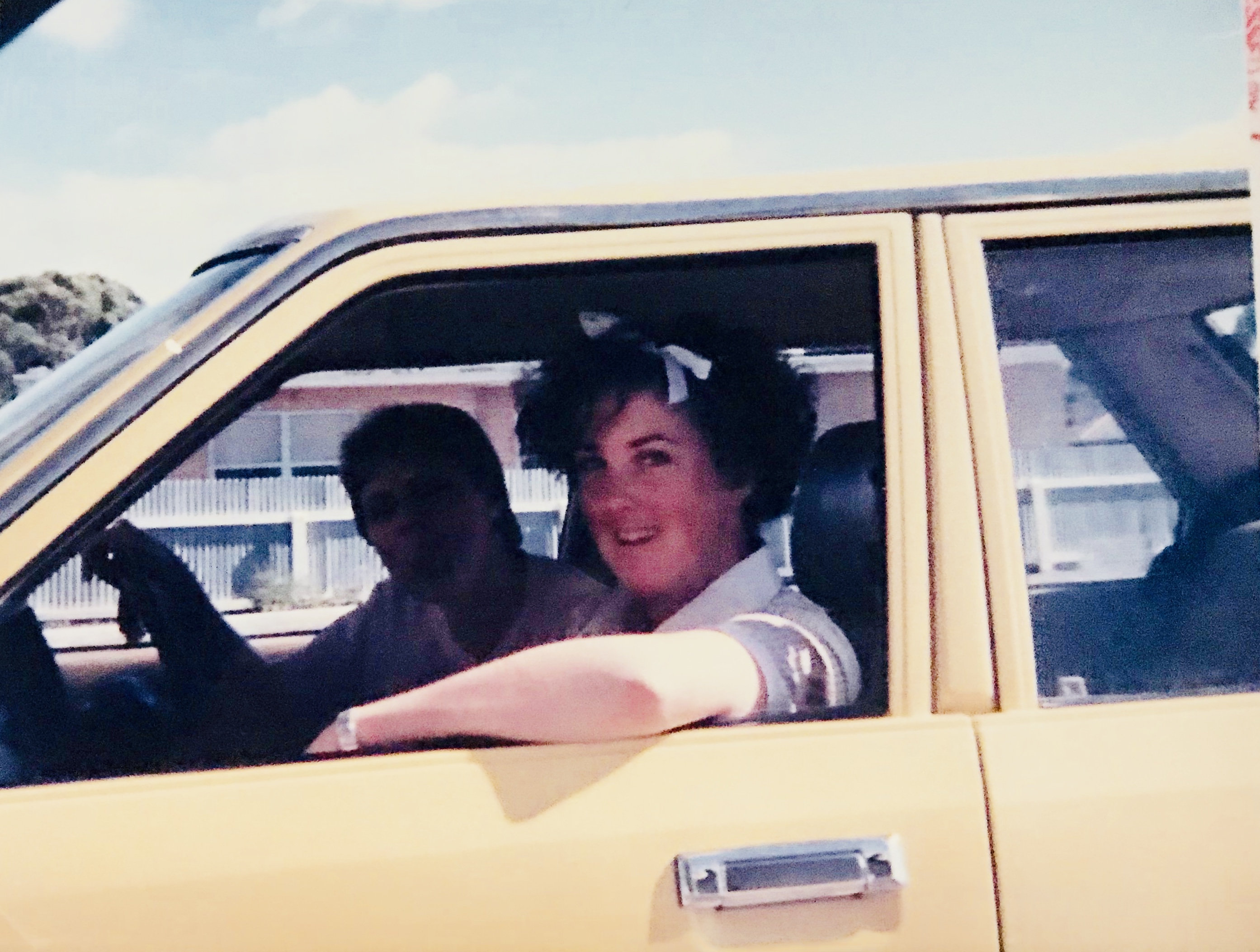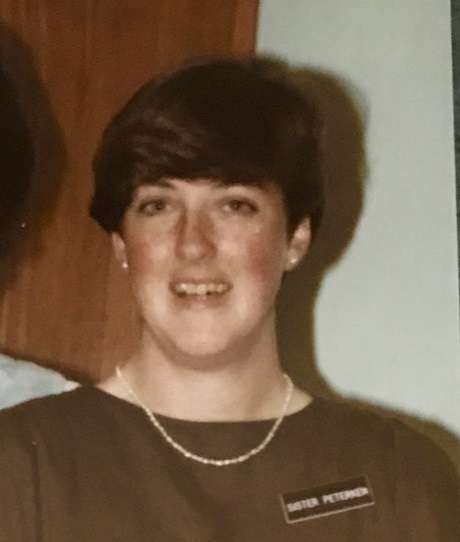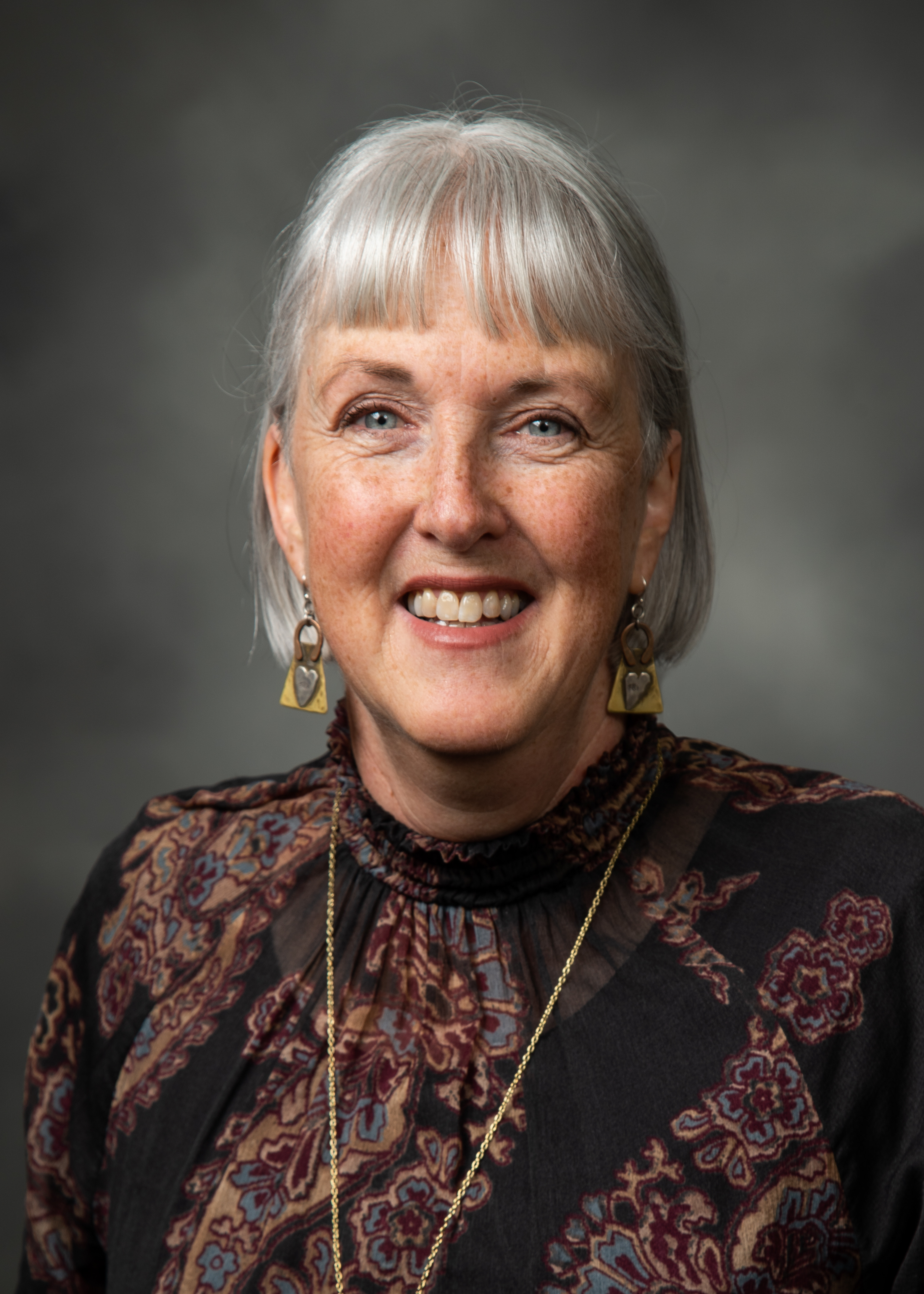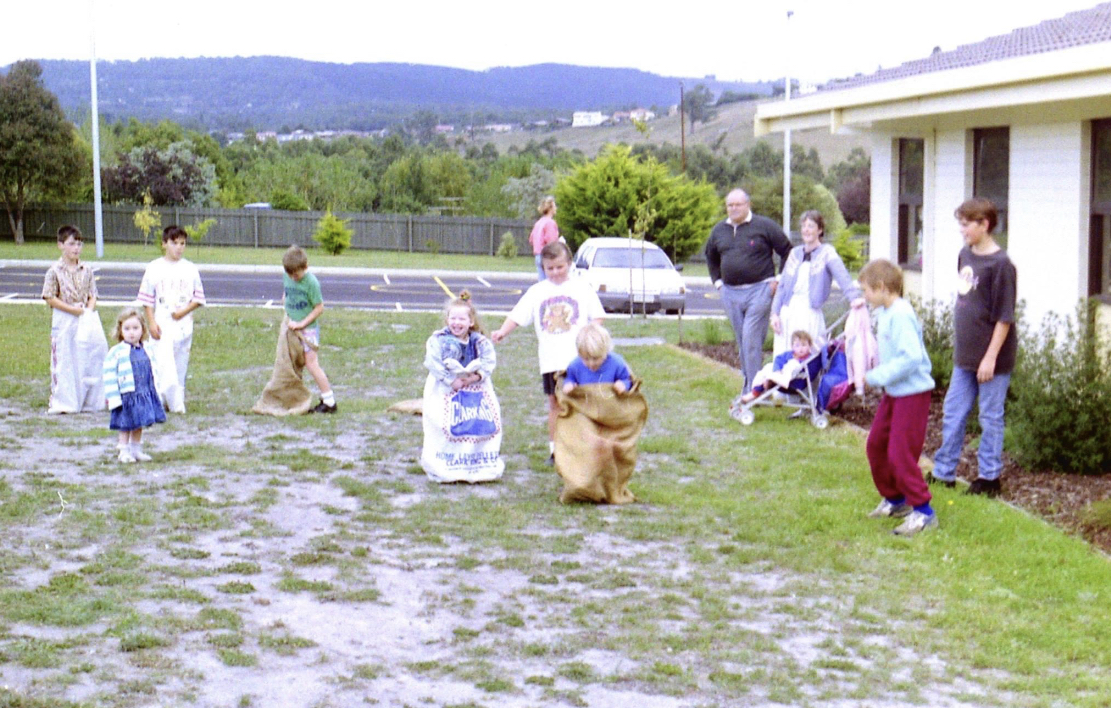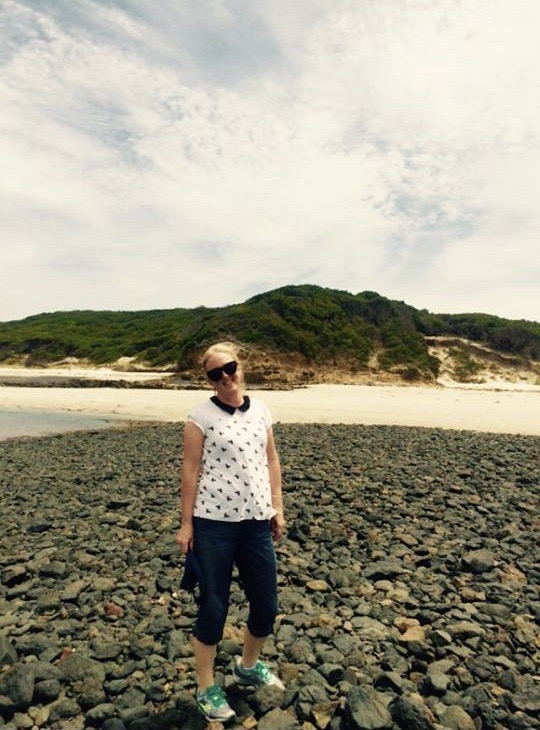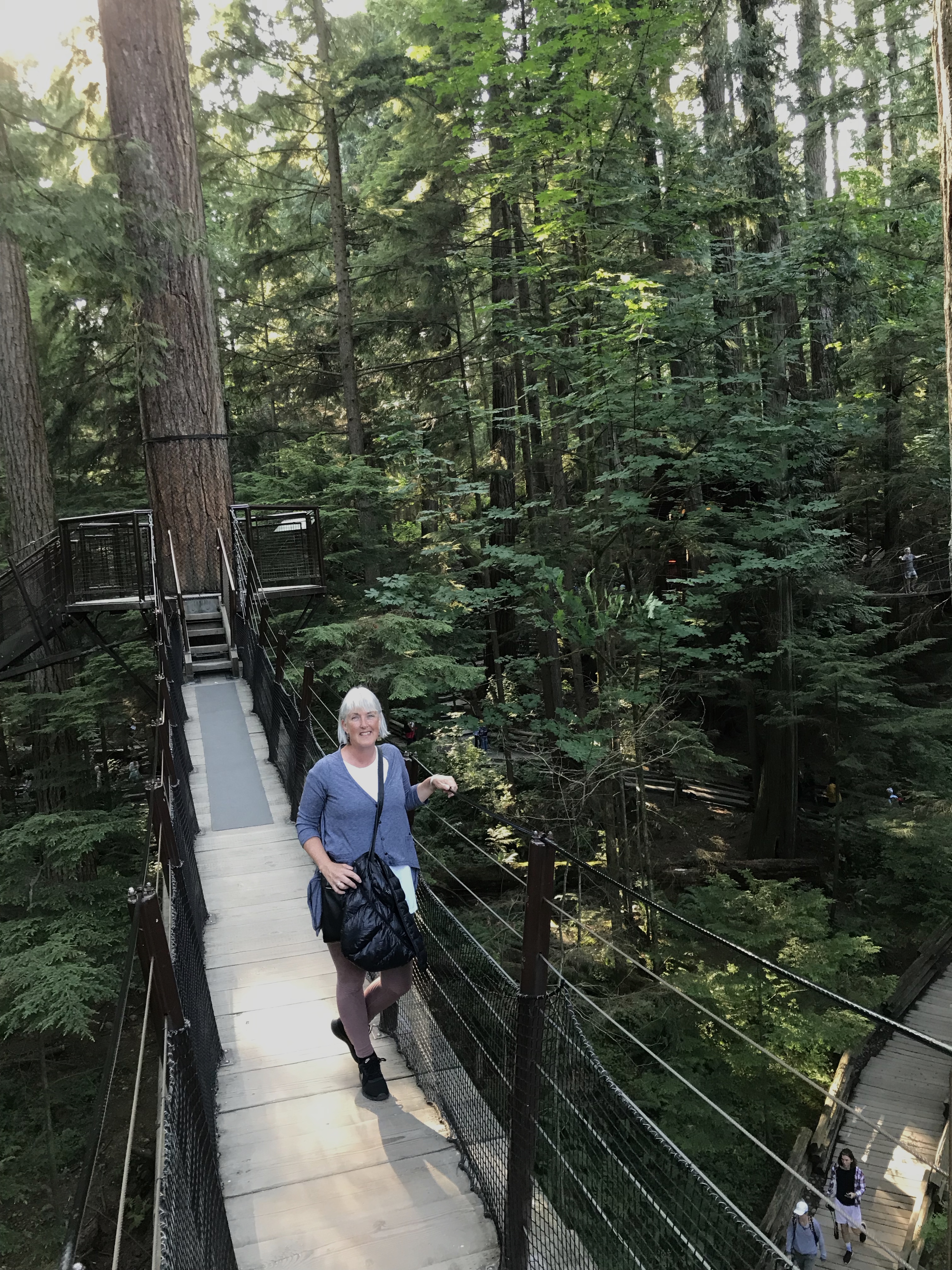Corinna Peterken was born in Bristol, England to parents who had converted to the Church. She moved with her family to Victoria, Australia when she was nine years old. There she attended a small branch with about thirty people. As a nine-year-old, she was called as the music leader for Primary in this tiny branch, since she enjoyed singing and knew many of the Church’s children’s songs.
She attended the University of Melbourne studying teacher education. After having five children and getting divorced, she decided to pursue graduate work in early childhood education, eventually earning her doctorate. After earning her PhD, she was unable to find work, and she and her daughter were homeless for a few months. But with the help of a bishop, she was able to get a small apartment and continue to apply for work, eventually finding a tenure track job at BYU Provo.
Corinna was not sure that she would be a good fit for BYU—she uses poststructural feminist theory and posthuman theory in her work—but Corinna has had a good experience at BYU. She does, however, note that life in Provo is quite different than life in Australia. In Australia, she always contributed a lot in her wards, giving several talks a year. She’s been in her Provo ward for three and half years now, and she’s never been asked to speak. She attributes this to the large size of the ward and the constant turnover, which makes it a little difficult to get to know people. She also notes differences in attitudes between members in Provo and members in Australia toward government subsidized healthcare, guns, and single women. In her experience, there seemed to more flexibility in the way wards operated in Australia.
